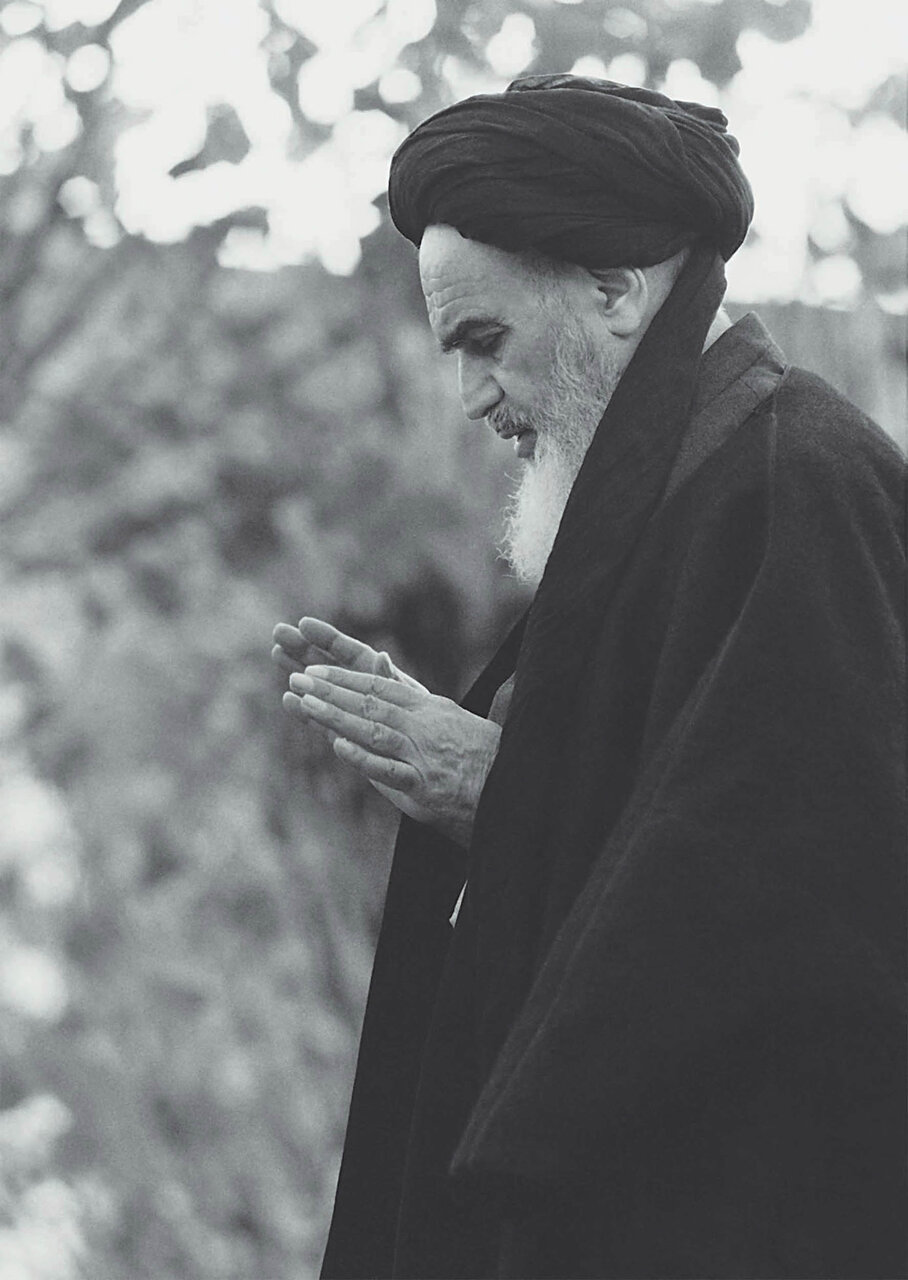Imam Khomeini: the distinct legacy of a Muslim leader

MADRID- On the 35th anniversary of the passing of Imam Khomeini, the architect of the Islamic Revolution, his figure remains crucial not only to understanding the current political landscape of the Islamic Republic but also to comprehending the general discourse in the Muslim world.
Islamic discourse seeks to make Islam the central political point in Muslim communities. Islamism should not be confused with Islamization, which is merely the visibility of Islam in cultural spaces without necessarily articulating Islam as a language in international relations, public policies, etc.
The School of Imam Khomeini recognizes that the Orientalist perspective continues to be the framework from which Muslim populations outside the Eurocentric narrative are observed. Orientalism perceives Western ideology as universal and applicable to understanding non-Western phenomena. For the School of Imam Khomeini, the West is not just a geographical location but an ideology.
Islamists argue that the normative Western perspective holds that Islam cannot be a political tool. Discussing Islam as a political identity alternative to the West-backed Pahlavi regime would distract from the revolution's primary causes, with Islam seen as an epiphenomenon, a smokescreen. From Iran, particularly through the political articulation of Imam Khomeini, the Islamic Revolution was seen as a reaction against Eurocentrism, aiming not only to overthrow the Pahlavi dynasty (1925-1979) but also to break from the Orientalist framework that views Muslims as lacking agency. This anti-Eurocentrism was manifested in attempts to achieve a cultural transformation aimed at "de-Westernizing" Iranian society.
Islamist historiography perceives this Revolution as the first not following Western grammar, making it unpredictable for academics and experts. Fred Halliday's book "Iran: Dictatorship and Development," written months before the 1979 revolution, did not predict an Islamic Revolution, only discussing nationalist government, socialism, a new monarchy, etc. Thus, using Islamic language for political emancipation remains unimaginable in the Western narrative.
Imam Khomeini constructed an autonomous identity with Islam as its focal point, denying the universality of Western epistemology and challenging the historical sequence from Plato to NATO. The revolution was the materialization of an Islamic identity, inserted in an alternative genealogy of anti-colonial resistance with its grammar that cannot be expressed in Western language. This provided an answer to a pressing question for Islamism: how can Muslims live politically, as Muslims, in the contemporary world?
Imam Khomeini's ideology displaced the West as the normative discourse using Islamic tradition exclusively, unlike other Islamic reformists. He wrote as if the West did not exist, emphasizing the construction of an autonomous Muslim political identity. His writing suggests that Islam cannot be reduced to the Western category of "religion" devoid of politics. The modern secular state, despite claims of religious neutrality, regulates and controls religious life, as seen in the idea of a "French Islam."
Imam Khomeini captured the idea that Islam cannot be reduced to the colonial category of "religion" in his words:
"If we Muslims do nothing but pray, beseech God, and invoke His name, the imperialists and oppressive governments will leave us alone. If we had said, 'Let us concentrate on the call to prayer for 24 hours and recite our prayers' or 'Let them take away everything we have, for God will take care of it, as there is no power greater than God, and we will be rewarded in the hereafter.' If we had said all that, they would not have bothered us."
His idea is that Islam cannot be reduced to a mere ritualistic-moralistic matter, devoid of a political essence. It is precisely the political articulation of Islam that prevents its dissolution. The non-political Islam of Saudi Arabia, lacking the intention to become an alternative identity to the West, exemplifies an Islam comfortable within the colonial category of "religion."
Iranian Islamism holds that Islam cannot be reduced to finite characteristics. Imam Khomeini's letters to Ayatollah Seyyed Ali Khamenei state that the Islamic Republic may abolish any specific manifestation of Islam to ensure its survival, indicating an Islam that transcends its historical manifestations.
Imam Khomeini's pursuit of Islamic unity aimed to bridge Sunni and Shia Islam, presenting the Islamic Republic as the political home for all Muslims, defending the Islamic community against Western hegemonic powers. His doctrine of Velayat-e Faqih, developed during his exile in Najaf in 1970, broke with traditional Shia political quietism, advocating for creating necessary political and social conditions for the return of the Imam Mahdi.
Imam Khomeini created an Islamic political identity that transcends national and sectarian identities, viewing political agency as the ability of Muslims to decolonize themselves and reweave their societies within the Islamic historical tradition. This decolonization aims to dismantle the global colonial order, revealing the West as just another particularism. Understanding the Islamic Republic thus means understanding the rejection of Western discourse and the need to articulate independent and autonomous political visions.
Leave a Comment